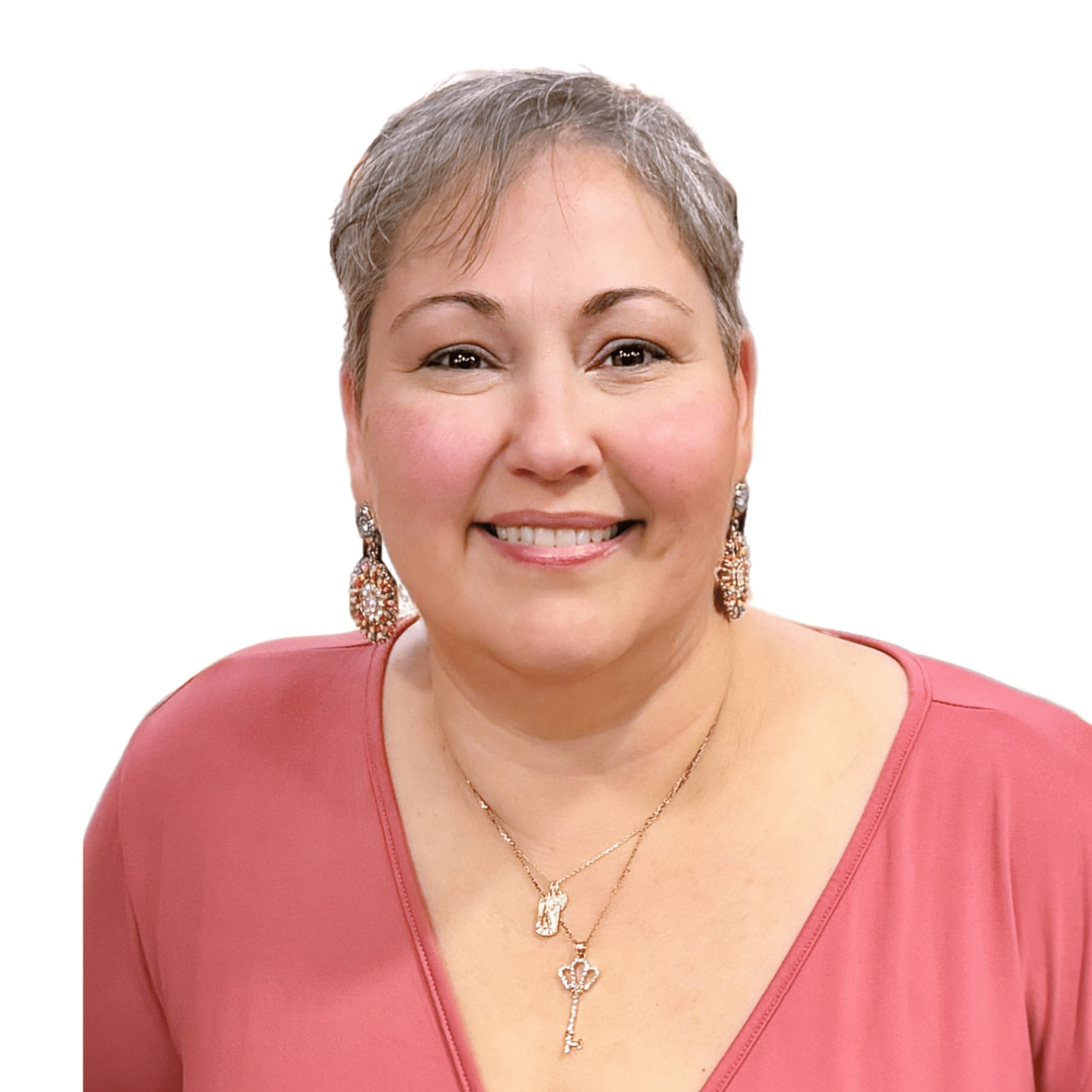I did it and you can too!
Family trauma. Do we all have it? I don’t know. I do know some of us have more of it than others. This includes our Jewish friends and our African American friends. You can not survive the Holocaust or Slavery without deep seated, multigenerational wounds. Does this have to be a life sentence? No. Many families are actively working on cycle breaking. Our society doesn’t make it easy!
I’m not African American or Jewish. I don’t know how deep-seated the trauma cycle resides in my family. I do know that I had one great-grandmother who lived in a half-way home as a teen runaway (U.S. Census). She is described by relatives as promiscuous (likely due to being abused herself - I don’t know) and had an alcohol addiction (again, likely due to trauma) . Her children (my maternal grandfather being one of them) was exposed to an unsavory lifestyle from a young age. My grandfather than went on to be an abuser and is directly responsible for early childhood harm done to my mother. My mother is directly responsible (is this debatable?) for my neglect and not protecting me from my father. She is also responsible for choosing to stay in a home with domestic violence, childhood abuse, and poverty. Yes, she was traumatized but wasn’t her father? How do we decide how responsible trauma survivors are when their mental health is so deeply impacted? I don’t have all the answers, but I do know I choose not to continue the cycle of trauma with my children. However, haven’t my children been burdened by my early traumas? I vote “yes” and “no.” Understanding the cycle of transgenerational trauma matters.
Understanding the Cycle
Transgenerational trauma is the emotional and psychological wounds passed from parents to children over several generations. It's like a baton of pain, unknowingly handed down through family lines. When one generation experiences severe trauma, the effects can ripple through the family tree, affecting children, grandchildren, and so on. This might look like patterns of abuse, neglect, or other painful emotional legacies. What do you know about your family’s trauma legacy?
Recognizing the Signs
It's crucial to spot the signs of transgenerational trauma to break the cycle. These might include patterns of substance abuse, repeated harmful relationships, or even unexplained sadness and anxiety within the family. It's often like a shadow, following families, shaping behaviors and choices, often without conscious awareness. Our subconscious . . . what a pain in the ass she is!
Breaking the Cycle
Breaking this cycle is not easy, but it's possible and incredibly rewarding. It requires courage, commitment, and the right tools. Courage and commitment are choices you get to decide. Getting the right tools is the easy part. Formal education, books, on-line classes, support groups, seeking mentorships, etc. are all possible ways to get the right tools. Here's how you can start this transformative journey:
Acknowledgment
The first step is recognizing and accepting the existence of trauma in your family history. It's about facing the pain, not running from it. Many of us will choose to diminish or stuff the pain with food, drugs, and other addictions. This is the band-aid approach. If only it truly worked.
Understanding
Educate yourself about the impacts of trauma. Knowledge is power. Understanding how trauma works and affects behavior can provide critical insights into your own experiences and reactions. I believe that my life long pursuit of learning has been a lifesaver for me and my children.
Seek Support
Breaking the cycle often requires professional help. Therapists, especially those trained in trauma recovery like myself, can guide you through understanding and healing your wounds. If you need assistance in finding a therapist right for you, please reach out.
Mindfulness and Self-care
Practices like meditation, journaling, spiritual readings, and self-compassion can build resilience and emotional awareness, crucial tools for breaking the cycle. This is not just self-care. These practices are deep self-care rituals that truly move the needle on your healing.
Healthy Relationships
Surround yourself with supportive, understanding people. Relationships that encourage growth and healing can reinforce your journey to break the cycle. Stay away from toxic people. Hang with people who celebrate you, who are kind, and compassionate.
Pass the Baton of Healing
As you heal, you change the legacy you pass down. Your journey can inspire and guide future generations to live free from the burden of past traumas. This is the best gift you can provide your children, and other family members!
The Role of Therapy
Therapy can be a powerful tool in breaking the cycle of transgenerational trauma. Therapists like me with deep understanding and specialized training, can offer guidance, support, and strategies tailored to your unique journey. Therapy provides a safe space to explore painful memories, understand their impacts, and learn new, healthy ways to cope and relate. Be sure to work with a therapist who is not only trauma informed, but trauma competent.
The Power of Community
No one need walk the path of healing alone. Communities, like those found in support groups or workshops, can offer understanding, shared experiences, and collective wisdom. They remind you that you're not alone and provide a network of support and encouragement. I highly recommend my healing community - This is Us: Healing From Trauma Together
The Transformative Journey
Breaking the cycle of transgenerational trauma is a journey of transformation. It's about moving from hurt to healing, from a legacy of pain to one of resilience and hope. It's a path that requires patience, courage, and support, but the destination—a future free from the shadows of past traumas—is worth every step.
Join Us: "Finding Freedom After Trauma Summit"
Are you ready to break the cycle of transgenerational trauma? Do you want to step into a future of healing and hope? Join us at the "Finding Freedom After Trauma Summit." Here, you'll find experts, resources, and a community all dedicated to helping you heal and thrive.
Don't let the past define your future. Register today and take the first step towards a life of freedom and empowerment. Together, we can break the cycle and build a legacy of healing and hope. [Register Now]
Conclusion
Breaking the cycle of transgenerational trauma is a challenging but deeply rewarding journey. It's about facing the pain of the past to create a healthier, happier future. With the right tools, support, and commitment, it's possible to move from a legacy of trauma to one of healing and hope. Join us at the "Finding Freedom After Trauma Summit" and start your journey today. Your future self will thank you.
Finding Freedom After Trauma Summit
(let's end the cycle now)



What a brilliant article. So good to be reminded that we all have trauma to a certain degree and to think about what our ancestors went through. Love the solutions! Can't wait for the Summitt!
Hi Elaine, your feedback means a great deal for me. Thank you for taking the time to write a comment. Thank you also for all that you do for me and other survivors!
Fantastic piece, Karen. And oh so true. Grateful to be trudging the road together!
Susan, I appreciate your kind words and all that you do for me and other survivors. Thank you also for taking the time to comment on my blog post. Big hugs to you!